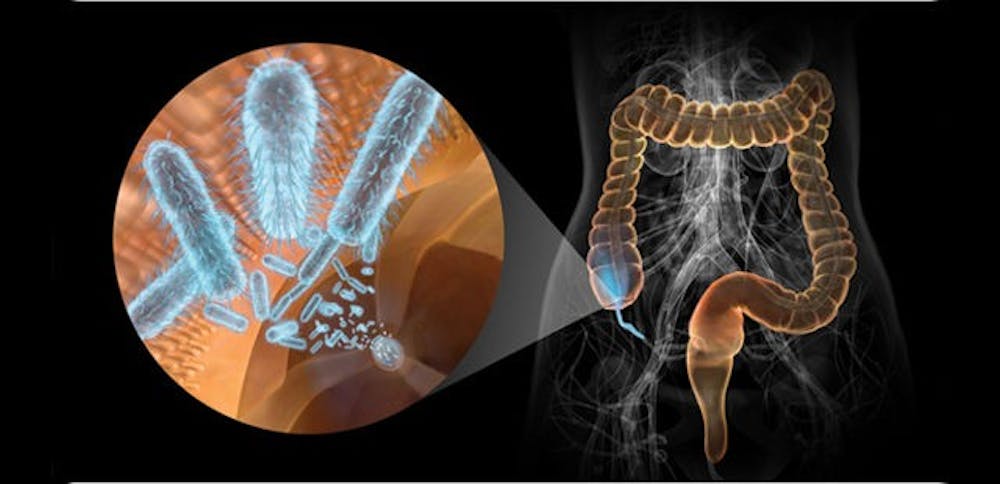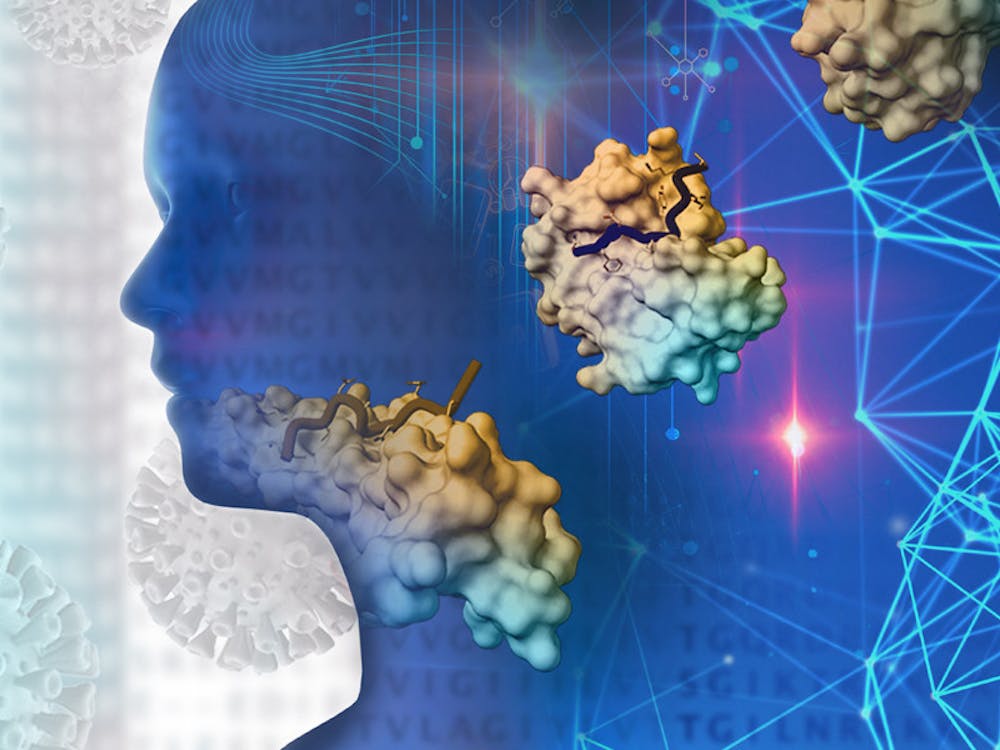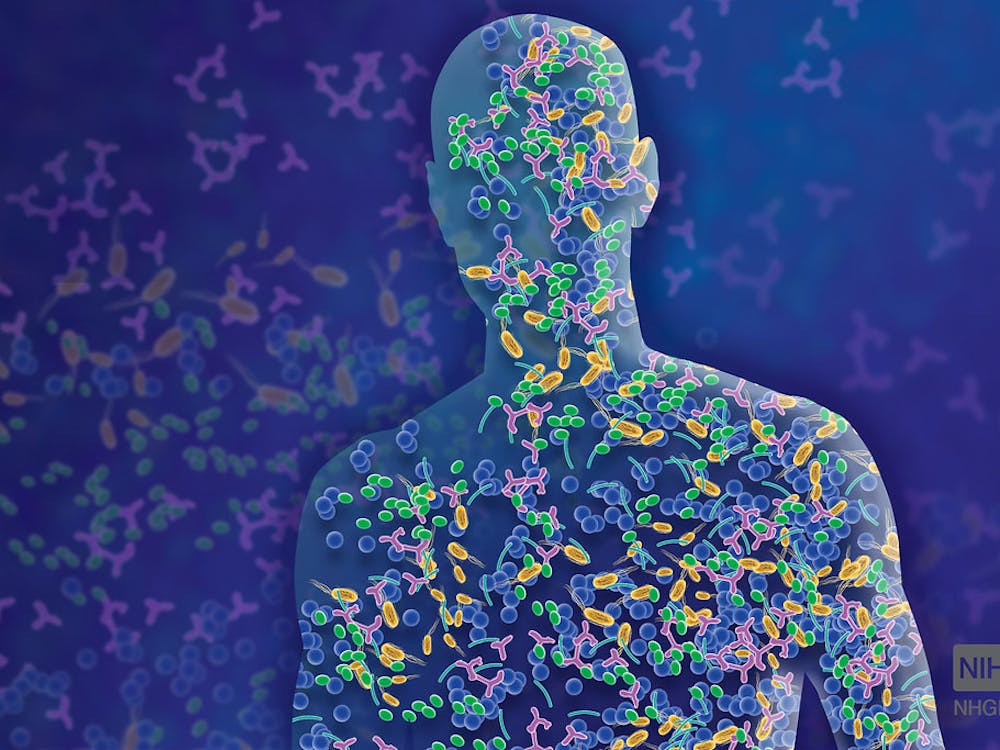There are up to five pounds of bacteria living inside of every person right now, and according to scientists at the University of Alabama, that’s actually a good thing. In fact, microbes outnumber our human cells ten to one. Until recently, this system was largely overlooked. Now we know that the gut microbiome widely affects us, causing health issues like inflammatory bowel disease, obesity, food allergies, diabetes or asthma.
Our gut can also go as far as to affect our mental health; Studies have shown that certain microbes can be linked to autism. Clearly, the effects of this tremendous system can no longer be undervalued. Recently, scientists at the University of Alabama at Birmingham have found yet another disease that is related to the gut microbiome: Parkinson’s disease.
Parkinson’s disease affects the neurons of the brain, causing issues with movement, balance and coordination. One other, lesser known side effect is that Parkinson’s disease often also starts with gastrointestinal symptoms, an immediate sign that the disease is related to the intestines. What this study primarily found was that there was a marked difference in the gut microbiomes of people with Parkinson’s disease when compared to people without the disease.
The results showed certain species of bacteria in the microbiome were increased while others were decreased. Each type of bacteria in the gut plays a certain role, and they all interact with each other to produce various effects on our health, so a discrepancy in any type of bacteria has consequences.
But one of the main questions researches are trying to answer relating to every aspect of the gut microbiome is, “Which comes first, the disease or the biome?”
Because the gut microbiome has not been studied for very long and there is only limited human data relating to it, researches have not yet been able to determine whether diseases cause change in the biome or whether a change in the biome causes a disease.
This is still a question regarding the development of Parkinson’s disease. It is known that exposure to certain chemical pesticides may increase a person’s risk of developing Parkinson’s, and one role of the gut microbiome is to help rid the body of potential toxins.
According to the lead researcher, Haydeh Payami, at the University of Alabama at Birmingham, this study found that the microbiome of a Parkinson’s patient had differing amounts of the bacteria that aid in ridding the body of these chemicals.
While it is much too early to jump to any conclusions, these data question whether a difference in the gut biome could put someone at greater risk for Parkinson’s disease or whether the development of Parkinson’s causes a difference in the gut biome.
The research done by the team also called into question the effects of the drugs used to treat Parkinson’s and how they can alter the microbiome.
“It could be that, in some people, a drug alters the microbiome so that it causes additional health problems in the form of side effects,” Payami said. “Another consideration is that the natural variability in the microbiome could be a reason some people benefit from a given drug and others are unresponsive.”
So not only could this microbiome research lead to possible prevention of Parkinson’s, but taking into account a person’s microbiome when designing a course of treatment could not only reduce side effects, but also make the medication more effective.
Of course, all of these findings are preliminary, as not much other research has been done into figuring out the relationship of the gut biome with Parkinson’s disease specifically, but projects across the country and internationally are being done to try to better understand this massively overlooked system.
Similar to gene mapping, a popular project being run out of University of California San Diego called the American Gut Project, is attempting to map the gut biomes of as many people as possible in an attempt to understand how people with certain diseases from certain areas and with certain lifestyles may have different gut microbiomes.
Studies with mice have already shown how critical the gut biome is to our health, since transplanting the gut biome alone can transfer certain diseases from some mice to previously healthy mice. If scientists can successfully map enough gut microbiomes, they may be able to unlock its mysteries.























Please note All comments are eligible for publication in The News-Letter.